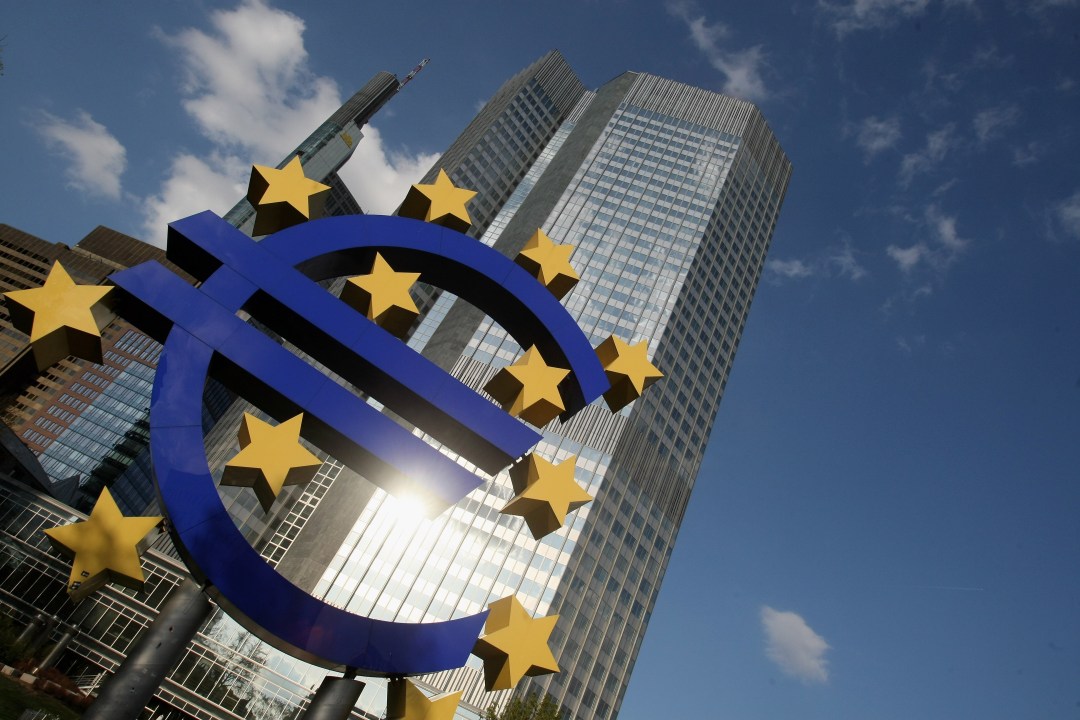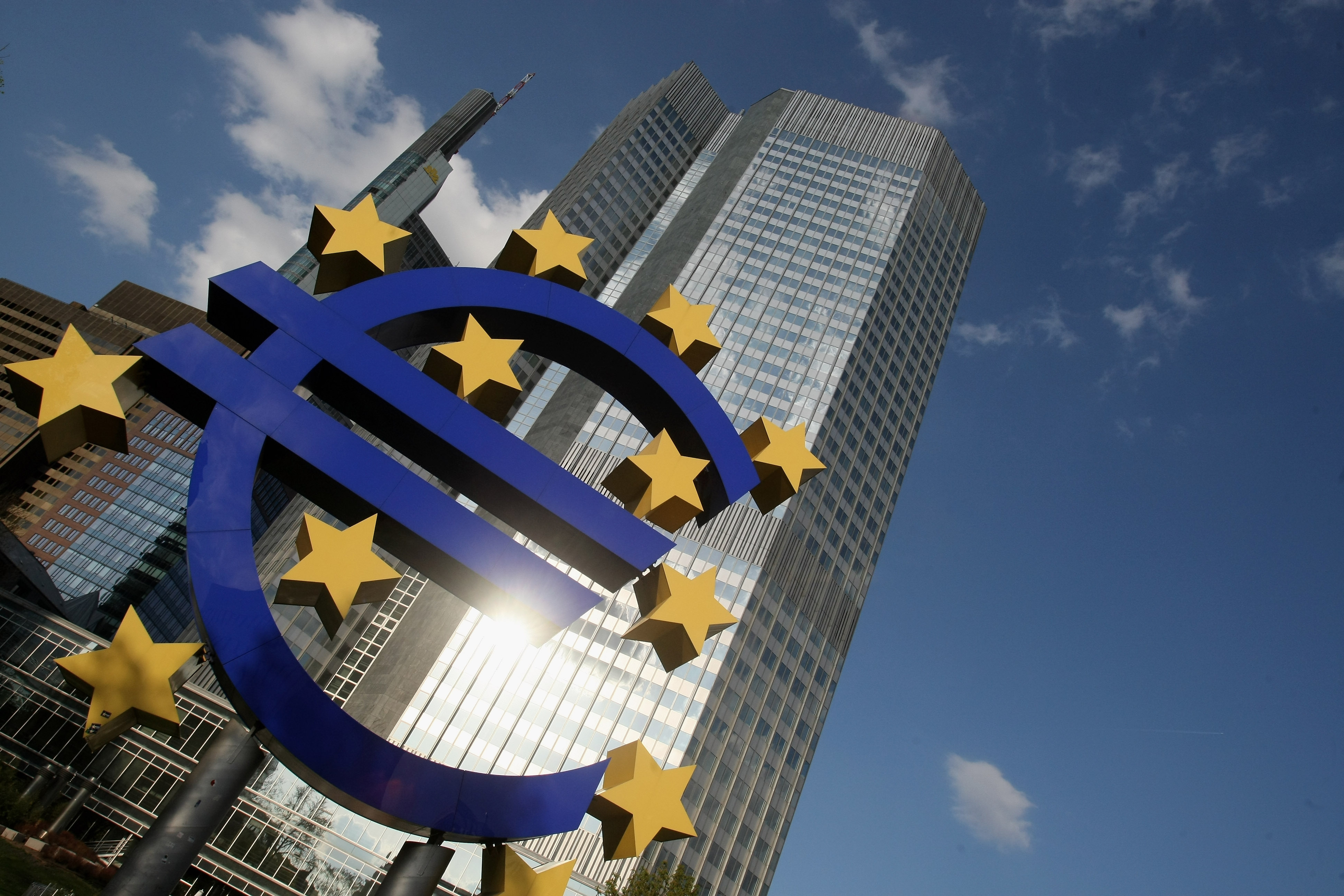The Eurozone is a kind of lunacy if you look at it as an economic
project. But this isn’t about economics, or rationality — it’s about emotion, as the leader in today’s Telegraph says. The Brits and Americans often fail to understand
this fully because we judge a currency union in terms of its economic merits. But many European nations see it as part of another, wider, agenda. For the Spanish and Portuguese it’s about not
going back to dictatorship. For Greece it’s about being Western rather than Eastern (and not being run by the military). As John O’Sullivan wrote for The Spectator recently, Eastern European states still — even now — want to join this
imploding Euro just to make sure they don’t fall back into the orbit of a resurgent Russia. For France it’s about ‘constraining German power’ (as Robert Peston put it during
his documentary on Thursday). And for Germany it’s about atonement. One Cabinet member told me that Lady Thatcher explained the European
project to him thusly: ‘The French are terrified of the Germans — and so are the Germans.’
The beauty of Europe lies in its diversity. The variety of cultures and economies is staggering for such a small geographical area — and, as Niall Ferguson argues in Civilization, Europe’s success is largely explained by
the competition between hundreds of different polities. But the countries themselves are utterly incompatible. The black market is about 25 per cent of Greece’s economy, and 10 per cent of ours.
The approach to work, wages, bookkeeping, etc, varies utterly from Sweden to Cyprus. The below chart, from JP Morgan, shows that the Eurozone members are less compatible than almost any other group
of countries that exists. Even fictional groups, like the reconstituted Ottoman Empire, are more economically compatible than the Eurozone members.

So we should stop trying to apply logic to the Eurozone situation. It has never been about logic. And that means there’s no real telling where this tragedy might end.
P.S. Peston’s documentary is well worth watching online, for those who missed it. It’s fair, informative and the list of interviewees is broader than the Roubini-Soros range of
opinion you normally get from the BBC. Dangerously underpriced debt sent the Spain, Greece, Ireland, etc, ‘a little bit mad’ (to quote the superb Louise Cooper, who is interviewed). I
wonder if he’d apply the same analysis to Britain, because that’s precisely what happened here. And our remedy? Even cheaper debt. What can possibly go wrong?
(And I do mean ‘hundreds’ of European polities, above. There were about 1,000 mini-states in the 14th Century and about 500 in the 16th Century.)








Comments